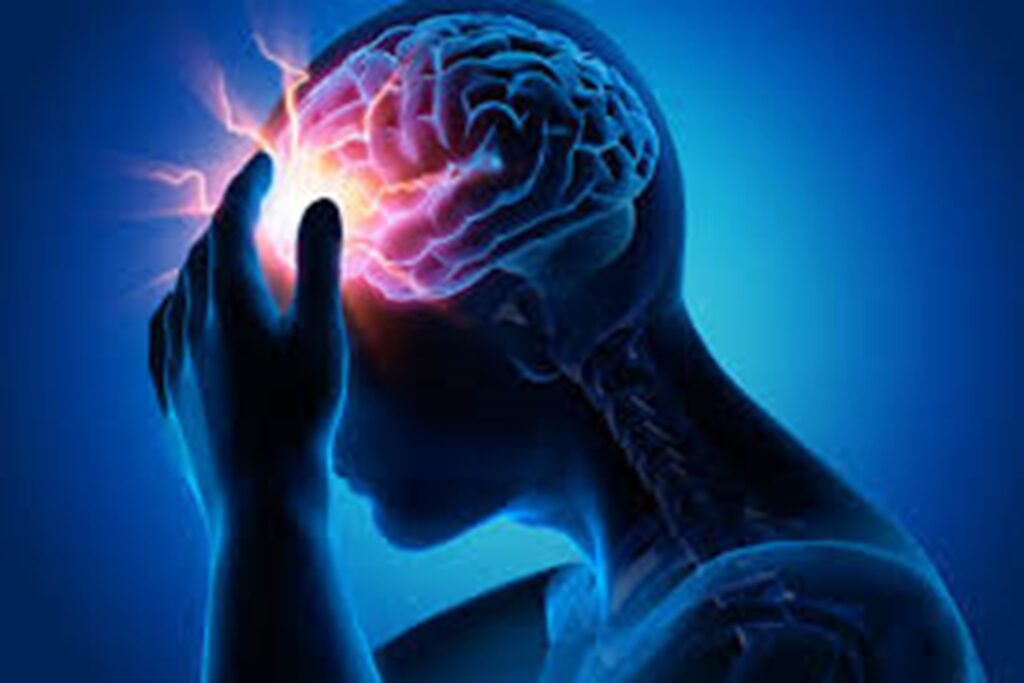
Overview:
Migraine is a neurological condition that causes intense, often debilitating headaches. These headaches are typically unilateral (on one side of the head) and can last for hours or even days. Migraines are frequently associated with other symptoms, such as nausea, vomiting, and heightened sensitivity to light, sound, or smells. The severity of migraines can vary, but they can significantly affect daily activities and quality of life.
Causes:
The exact cause of migraines remains unclear, but it is believed to be due to a combination of genetic and environmental factors. Changes in brain chemistry, particularly involving neurotransmitters like serotonin, are thought to play a key role. Environmental triggers, such as stress, hormonal fluctuations, certain foods, lack of sleep, and bright lights, can provoke a migraine attack.
Symptoms:
Migraine symptoms typically include a throbbing or pulsing headache, often on one side of the head. It may be accompanied by nausea, vomiting, and heightened sensitivity to light, sound, or smells. Some people also experience an “aura,” which involves visual disturbances such as flashing lights or blind spots before the headache begins.
Treatment:
Treatment for migraines includes acute treatments to relieve pain, such as over-the-counter pain relievers (e.g., ibuprofen or acetaminophen), triptans, or anti-nausea medications. Preventive medications, including beta-blockers, antidepressants, or anti-seizure drugs, may be recommended for individuals who suffer from frequent or severe migraines.
Precautions:
Avoiding known triggers is crucial in managing migraines. Maintaining a regular sleep schedule, managing stress levels, staying hydrated, and avoiding foods or drinks that trigger headaches can help prevent episodes. It’s important to follow prescribed medications and treatment regimens as recommended by healthcare providers.
Prevention:
While migraines cannot always be prevented, lifestyle changes, including a regular routine, exercise, and managing triggers, can reduce their frequency. In some cases, preventive medications may be prescribed to reduce the severity and frequency of attacks.
For expert care in migraine treatment, visit the KDM Hospital in Lucknow. The hospital offers comprehensive facilities, including ambulance services, budget-friendly options, Ayushman card acceptance, and 24/7 doctor availability.
